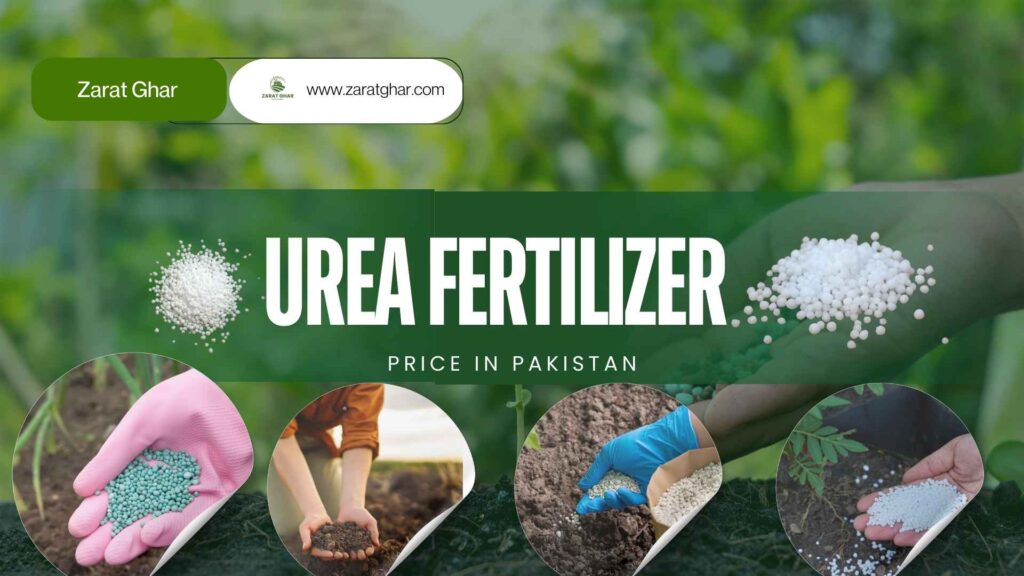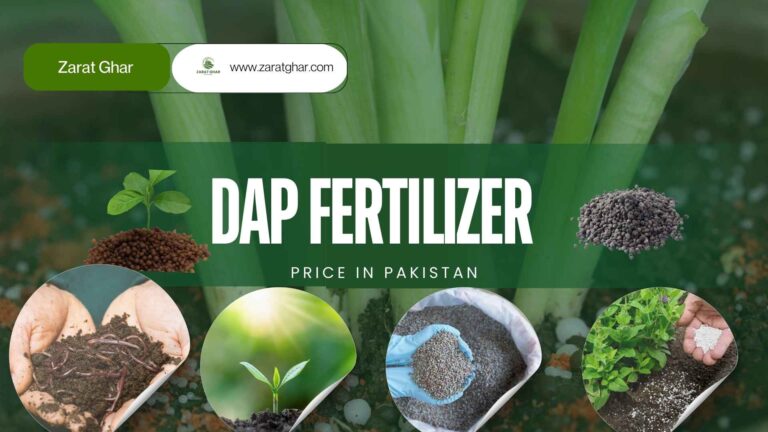Urea Fertilizer Price in Pakistan | January 2026
Urea Fertilizer Price in different regions of Pakistan fluctuates between PKR 4,000 to PKR 5,080 for a 50 kg bag. Price is the same for Sona Urea, Engro Urea, Zabardast Urea, and other granular fertilizers. Additional costs of transportation will incur at slightly varying prices.
Urea, or CO(NH₂)₂, is one of the nitrogenous fertilizers widely used in Pakistan. Farmers are heavily dependent on urea fertilizers due to its affordability and its importance in raising yields for major crops like wheat, rice and maize.

Today Urea Fertilizer Rate in Pakistan
We have gathered a comprehensive price list of various brands of urea fertilizers available in the market to aid you in the decision-making process. To retrieve the price for well-known granular urea fertilizers, kindly refer to the table below which contains the latest prices for each type.
Read Also: fertilizer Price in Pakistan
| Fertilizer | Price in PKR | Weight |
|---|---|---|
| Sona Urea (pearl) | Rs. 4550-4700 | 50 kg |
| Sona Urea | Rs. 4000-4500 | 50 kg |
| Sona Urea (neem coated) | Rs. 4260-4570 | 50 kg |
| Sona Urea Granular | Rs. 4420-4700 | 50 kg |
| Engro Urea | Rs. 4340-4540 | 50 kg |
| Zabardast Urea | Rs. 5210-5510 | 50 kg |
| Sarsabz Urea | Rs. 4470-4720 | 50 kg |
| BS/PFL Urea | Rs. 4510-5000 | 50 kg |
| Babar Sher Urea | Rs. 4320-4400 | 50 kg |
| Imported Urea | Rs. 4410-4630 | 50 kg |
Factors Affecting Urea Prices
The price of urea fertilizer is affected by several factors in Pakistan.
- Demand and Supply: Urea demand is high during planting season. Prices tend to increase as demand grows.
- Government Policy Subsidies and changes to government policies relating to fertilizers may have an impact on their final cost.
- Raw Material Costs : Global prices for natural gas, and other raw materials that are used to produce urea affect local prices. These increases can result in higher urea prices.
- Transport Costs : Transportation and distribution play an important role in the cost. In remote regions, the cost of logistics can increase fertilizer prices.
Urea Price Forecast for 2026
The urea price in Pakistan 2026 may see small increases for the foreseeable future. Engro, Sona and Babar Sher Urea are expected to maintain their competitive pricing. However, the price of urea per ton and sona urea will be affected by seasonal and supply-demand factors.
In addition to stabilizing fertilizer costs, the government may be able to reduce the cost of urea fertilisers. This will allow farmers to continue using this important product without being overburdened financially.
Conclusion
urea price in Pakistan today , farmers should consider a number of factors. Farmers should plan their purchases in accordance with the anticipated rise in the urea fertilizer price in Pakistan 2026, There are many brands available, including Engro Urea, Sona Urea and Ura Khad that offer different quality and price points. This makes it easier for farmers choose the right brand based on budget and needs.
Staying updated on the urea price in Pakistan , and taking into account the latest trends will help farmers make decisions that are beneficial to their crops as well as their wallets.


